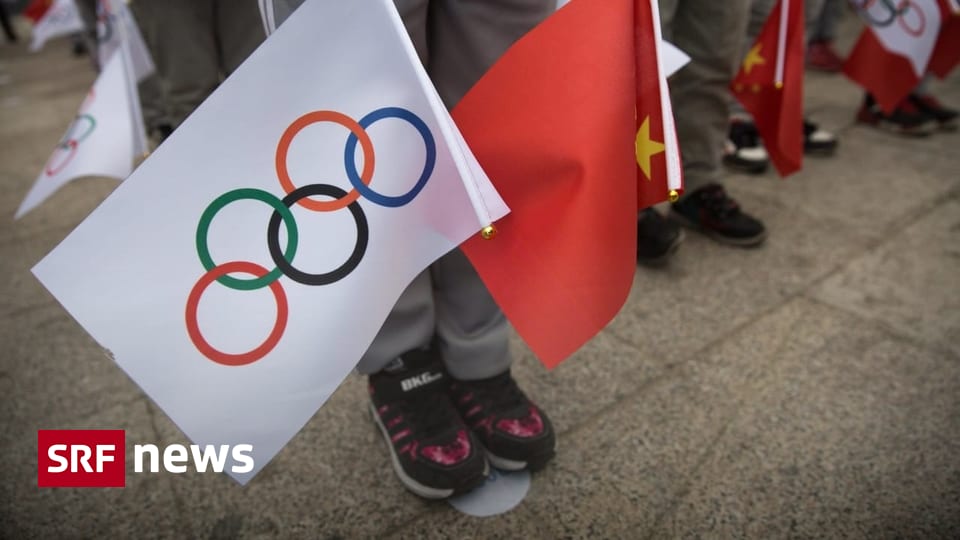- The U.S. government wants to send athletes to the Olympic and Paralympic Winter Games in China in February, but has no diplomatic representatives.
- The White House announced on Monday (local time) that the US announcement was a protest against the ongoing genocide in the Xinjiang region and other human rights abuses in China.
- Beijing responded angrily and announced firm counter-measures.
Despite the boycott, White House spokeswoman Jen Psaki said the U.S. government wanted to send a “clear message.” When asked why the United States has not decided on a complete boycott of the Games, it is said that it does not want to punish athletes who have received intense training for the sport.
According to Psaki, the United States announces plans to international partners, leaving them to make their own decisions. It is unclear whether other states will join the United States: the French government has announced a unanimous decision across Europe.
Government sources in Rome said Italy would not take part in the diplomatic boycott. According to its own reports, the government in Australia has not yet made that decision. New Zealand has already decided not to participate in sports at the diplomatic level – but this decision is primarily based on epidemiological considerations, especially travel restrictions.
China feels outraged
Even before Joe Biden officially announced the boycott, there was already a backlash from China: Beijing is threatening “decisive counter-measures” without giving any further details. The announcement was “mocking the Olympic spirit, political provocation and an attack on 1.4 billion Chinese,” Chinese Foreign Ministry spokesman Zhao Lijian said on Monday.
The announcement is a mockery of the Olympic spirit, a political provocation and an attack on 1.4 billion Chinese.
There is great political tension between the United States and China due to the human rights situation and various contentious issues. Relations between the two countries have fallen to a record low since the establishment of diplomatic relations in 1979.
Ignore requests continue
The Winter Olympics are scheduled to take place in China from February 4 to 20, 2022. Many have accused the dictatorial state of committing human rights abuses, especially against minorities such as Muslim Uyghurs.
Human rights groups cite Xinjiang Autonomous Region, Tibet and Hong Kong as examples of Chinese retaliation. Considering the winter games there, there are repeated calls for boycotts.









More Stories
Nicolas Loufrani: Young Londoners Design Afro Hair Emojis
US Election: Trump Vs. Harris – 2024 poll numbers in America
Börse Express – USA: Retail sales rise unexpectedly